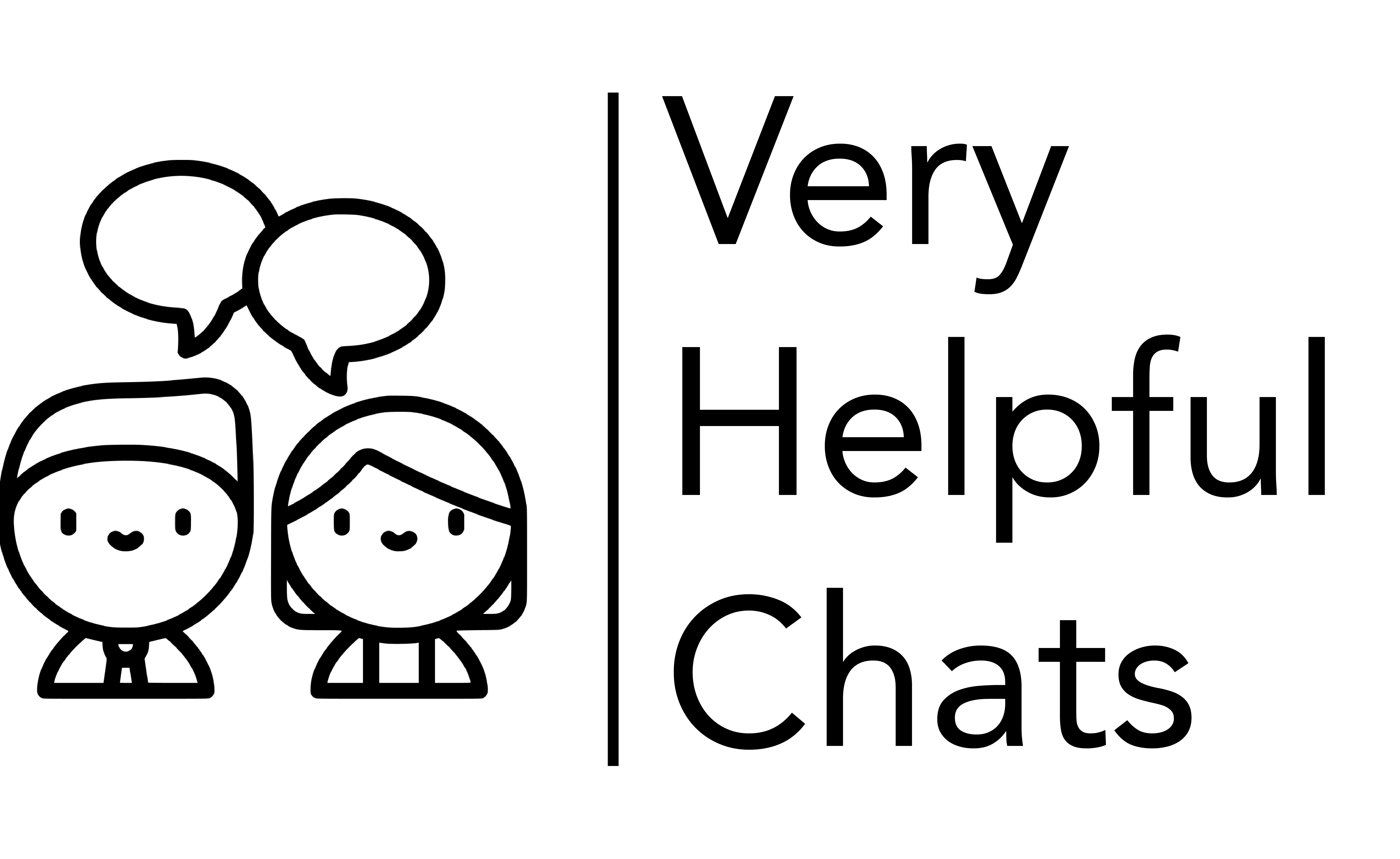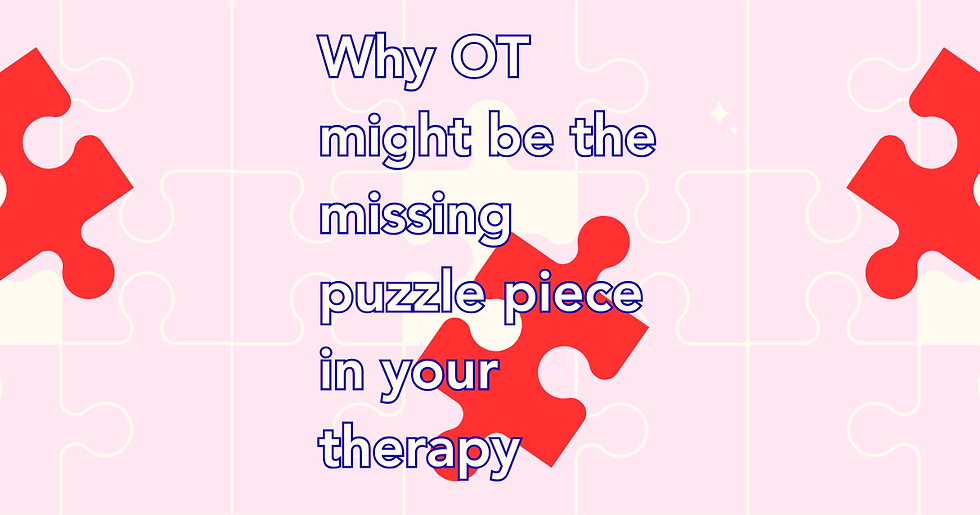OCD Awareness Week: The Truth Behind the Most Common Misconceptions
- VHC team

- Oct 17, 2025
- 2 min read
Updated: Oct 31, 2025

OCD Awareness Week (#OCDweek) is a global event dedicated to breaking down myths about Obsessive-Compulsive Disorder (OCD), reducing stigma, and improving understanding of what this condition truly involves.
At Very Helpful Chats, we’re proud to add to the movement of making a difference, not only by debunking the misconceptions surrounding OCD, but also by sharing facts grounded in lived experience. This post was written by a member of our team with lived experience of OCD, and we deeply thank them for their openness and contribution in helping raise awareness and understanding.
Learn more about OCD Awareness Week: https://iocdf.org/programs/ocdweek/
Misconception 1: “OCD is just about being really clean or organised”
OCD is not a personality trait - it’s a mental health condition involving a distressing and often debilitating cycle of:
Obsessions: intrusive, unwanted thoughts, urges, or images
Compulsions: repetitive mental or physical acts performed to reduce distress or prevent something bad from happening
This cycle can become overwhelming, making everyday life difficult. OCD is not “quirky” or “helpful”, it’s a serious condition that deserves understanding and support.
Misconception 2: “...but isn’t OCD mainly about cleanliness and order?”
While fears of contamination or cleanliness can be one subtype of OCD, it’s far from the whole picture. Other common presentations include:

Fear of causing harm (to oneself or others)
Unwanted taboo thoughts (e.g., sexual, violent, or religious)
A need for symmetry or for things to feel “just right”
Repetitive checking, counting, or mental rituals
OCD isn’t about hygiene or tidiness - it's about anxiety and distress linked to intrusive thoughts and compulsive behaviours.
Misconception 3: “Everyone is a little OCD”
Enjoying organisation or liking things a certain way is not OCD. True OCD causes significant anxiety and can take hours out of someone’s day. It can interfere with relationships, study, work, and overall wellbeing.
Saying “I’m a bit OCD” can unintentionally minimise the real and often distressing experiences of people living with the condition.

Misconception 4: “You can always see someone’s OCD”
Many people imagine OCD as visible rituals like handwashing or checking, but not all compulsions are observable. Some are mental, and these invisible compulsions can be just as exhausting and time-consuming as physical ones.
Misconception 5: “People with OCD just need to relax and stop overthinking”

OCD is not about willpower. People living with OCD can’t simply “turn off” their intrusive thoughts or compulsions. It’s a neurobiological condition, not a choice, and it often requires structured treatment and support.
Misconception 6: “OCD can’t be treated”
OCD is highly treatable, and recovery is absolutely possible. The gold-standard treatment is psychological therapy using Exposure and Response Prevention (ERP), a form of Cognitive Behavioural Therapy (CBT) designed for OCD.
At Very Helpful Chats, we use evidence-based treatments like ERP to support those navigating OCD and related challenges. If you’ve been wondering whether it’s the right time to reach out, know that you don’t have to face OCD alone - we’d love to help you take the next step toward support and understanding.
Learn more about our services at: veryhelpfulchats.com.au or contact us today!





Comments